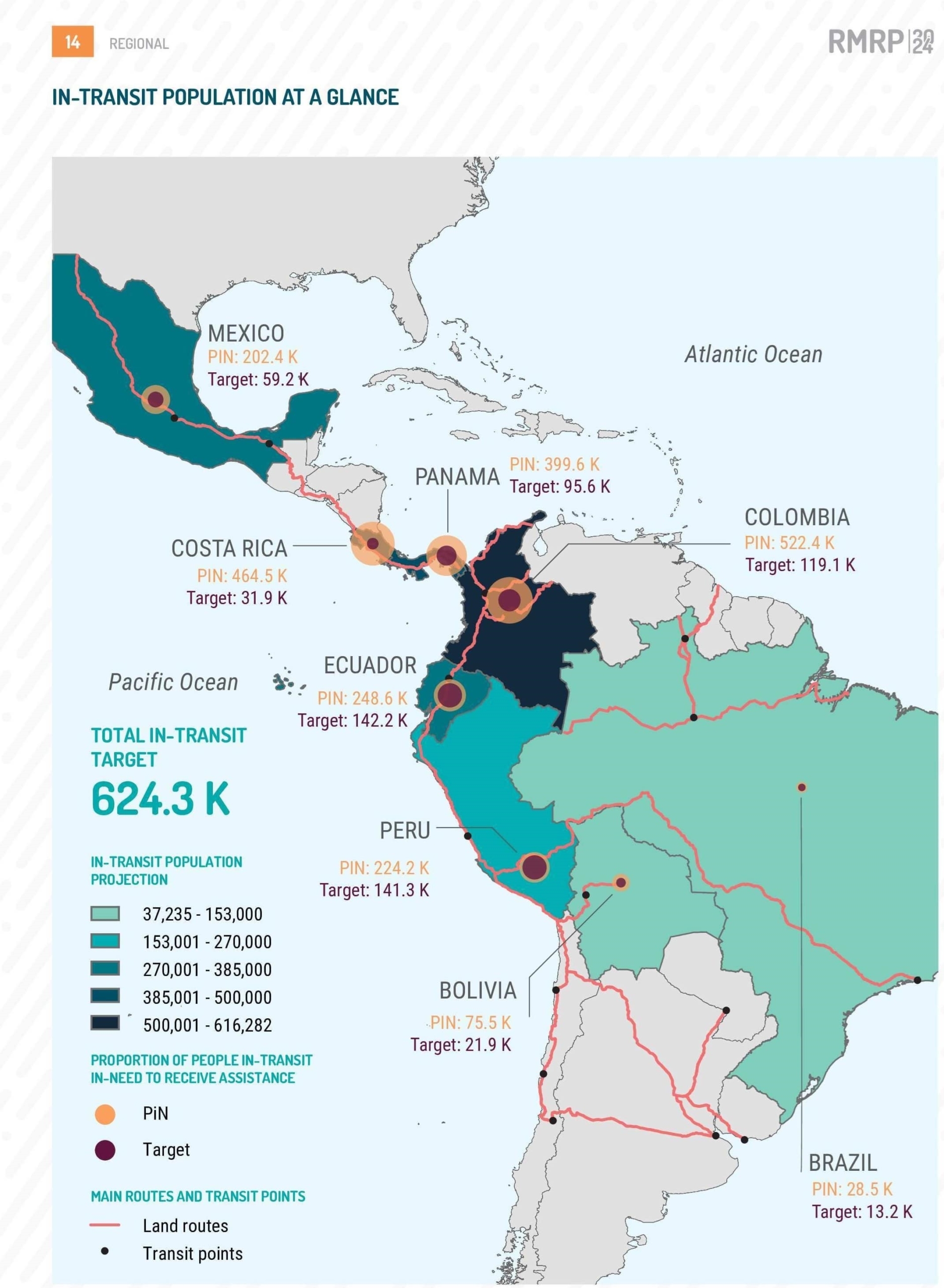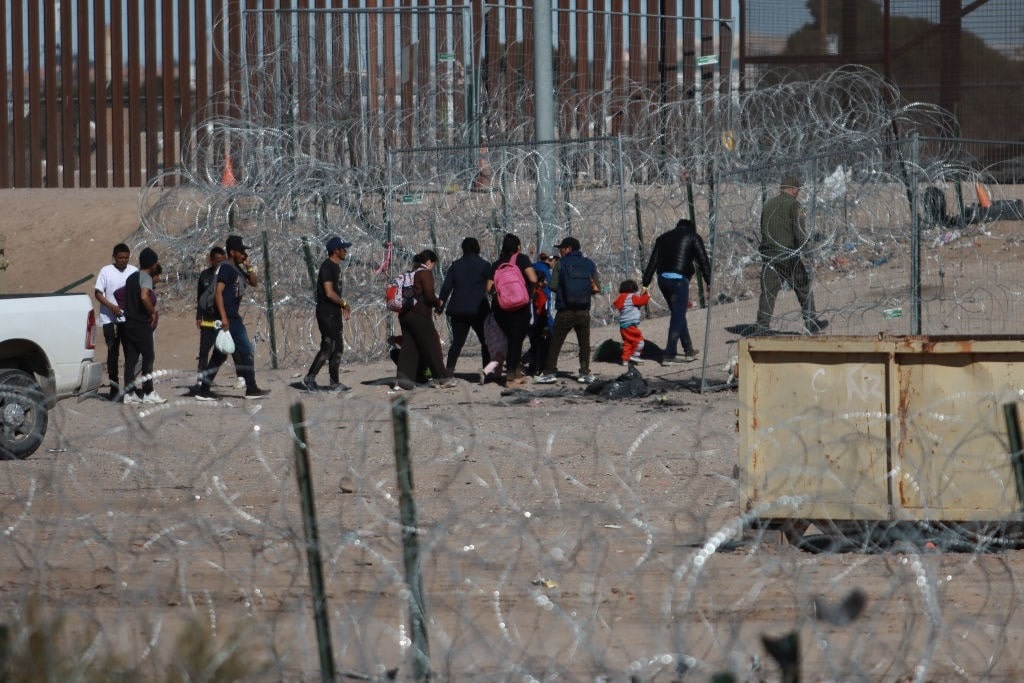The United Nations is making it easier for migrants to reach America and using US funds to do it. So says a report from Todd Bensman at the Center for Immigration Studies, which detailed just how much the world body is handing out to those crossing the southern border illegally.
Paying Migrants to Travel to America
The UN just released the 2024 update to the Regional Refugee and Migrant Response Plan (RMRP). It calls for handing out $1.6 billion in 17 Latin American countries. Although the plan seems to be aimed at Venezuelans as benefactors, the document states that the largesse goes to “all nationalities” and “multiple other nationalities.” Some of these benefits include debit cards and even cash-stuffed envelopes, according to several outlets. As Bensman reported:
“In a nutshell, the UN and its advocacy partners are planning to spread $372 million in ‘Cash and Voucher Assistance (CVA)’ and ‘Multipurpose Cash Assistance (MCA)’ to some 624,000 immigrants in-transit to the United States during 2024. That money is most often handed out, other UN documents show, as pre-paid, rechargeable debit cards, but also hard ‘cash in envelopes,’ bank transfers, and mobile transfers the U.S. border-bound travelers can use for whatever they want.”
But that’s not all. Bensman continued:
“The $372 million in planned cash giveaways to the 624,000 immigrants moving north and illegally crossing national borders ‘represents a significantly greater share of the financial requirements’ for 2024, the RMRP says, but it is still only one part of much broader UN hemisphere-wide vision that aims to spend $1.59 billion assisting about three million people in 17 countries who emigrated from their home nations.”

UN 2024 update to the Regional Refugee and Migrant Response Plan (RMRP)
As told by the Council on Foreign Relations, the United States is the biggest contributor to the United Nations, sponsoring about 22% of its budget; in 2021, the figure was $12.5 billion. “About one-quarter of this total was assessed and the rest was voluntary,” the outlet noted. “This represents about a quarter of the roughly $50 billion the United States spends annually on foreign aid. By comparison, that contribution is about what the government allocates to the U.S. Coast Guard.”
The updated RMRP response plan has a map on page 14 that shows migrants in-transit. The red line displays the path that they presumably take, interestingly leading to El Paso, TX. Below the map is this note: “In Brazil and Mexico, this only includes Venezuelan nationals, while in the other countries, it includes refugees and migrants of all nationalities in-transit.” It also has the disclaimer, “The boundaries and names shown and the designations used on this map do not imply official endorsement or acceptance by the UN.”
Teaching Immigrants to Recall Traumatic Memories
Debit cards and cash envelopes aren’t the only ways migrants are funded. Bensman said at least two UN-funded nonprofits in Mexico’s southern states pay psychologists to help immigrants recover “repressed memories” that can help them get approved for Mexican asylum with an “eventual trip over to the U.S. southern border.”
Bensman explained that many of the migrants seeking asylum who claimed economic hardship were turned down since that is not a criterion for refugee status. Enrique Vida, coordinator for the Fray Matias de Córdova Human Rights Center, told Bensman: “That may cover up one of the true reasons why they are coming. They need psychological help so they can remember the situation they experienced.” Apparently, this has been working; Vida affirmed using recovered memories has produced a 90% approval rate. “That’s the most important part of the process,” Vida said of the Mexican immigration interviews. “That’s when the Mexican authorities listen to the motives of why they left their country. And those motives have to be according to international conventions.”
Tensions are ratcheting up in the southern US states, especially in Texas, where Gov. Greg Abbott and Joe Biden’s administration are locked in a battle for authority over the border. The fact that the UN is allocating so much money to help unsanctioned travelers is another slap in the face to those fighting for tougher border security. Even worse, the United States contributes to this fund, essentially paying illegals to come to America.




